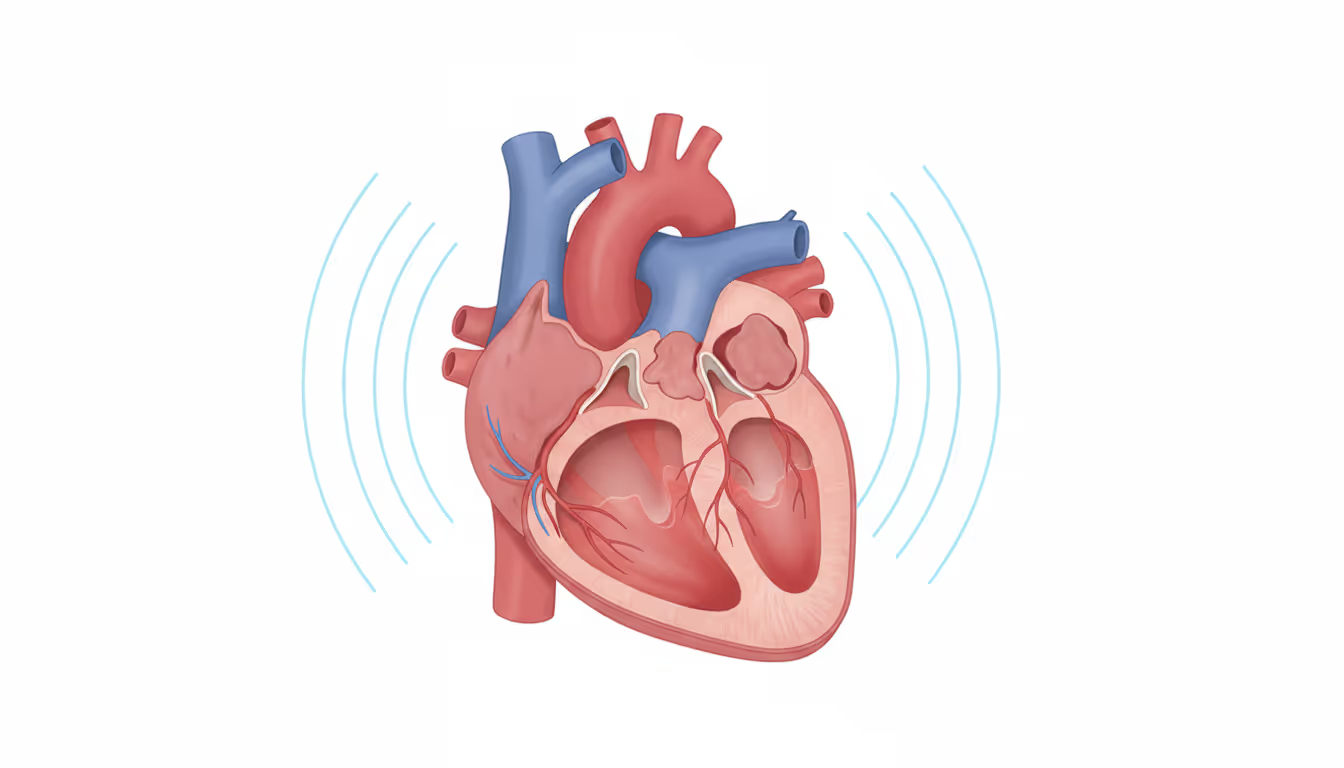
Diastole refers to the phase when the heart relaxes and expands. The last letter in "diastole" is pronounced like the "e" in "lee." The term associated with diastole is "diastolic." The diastolic pressure is the lowest arterial pressure experienced during the heart's relaxation and expansion phase, specifically in the ventricles. During diastole, the ventricles are filled with blood. In blood pressure measurements, the diastolic pressure is typically the second number listed. For instance, in a 120/80 reading ("120 over 80"), the diastolic pressure is represented by 80, which stands for 80 mmHg (millimeters of mercury). A diastolic murmur is a noise detected during this relaxation phase of the heart. The word "diastole" is derived directly from the Greek "diastole," which means "a drawing apart." This term has been used since the 16th century to describe the heart's relaxation period.




